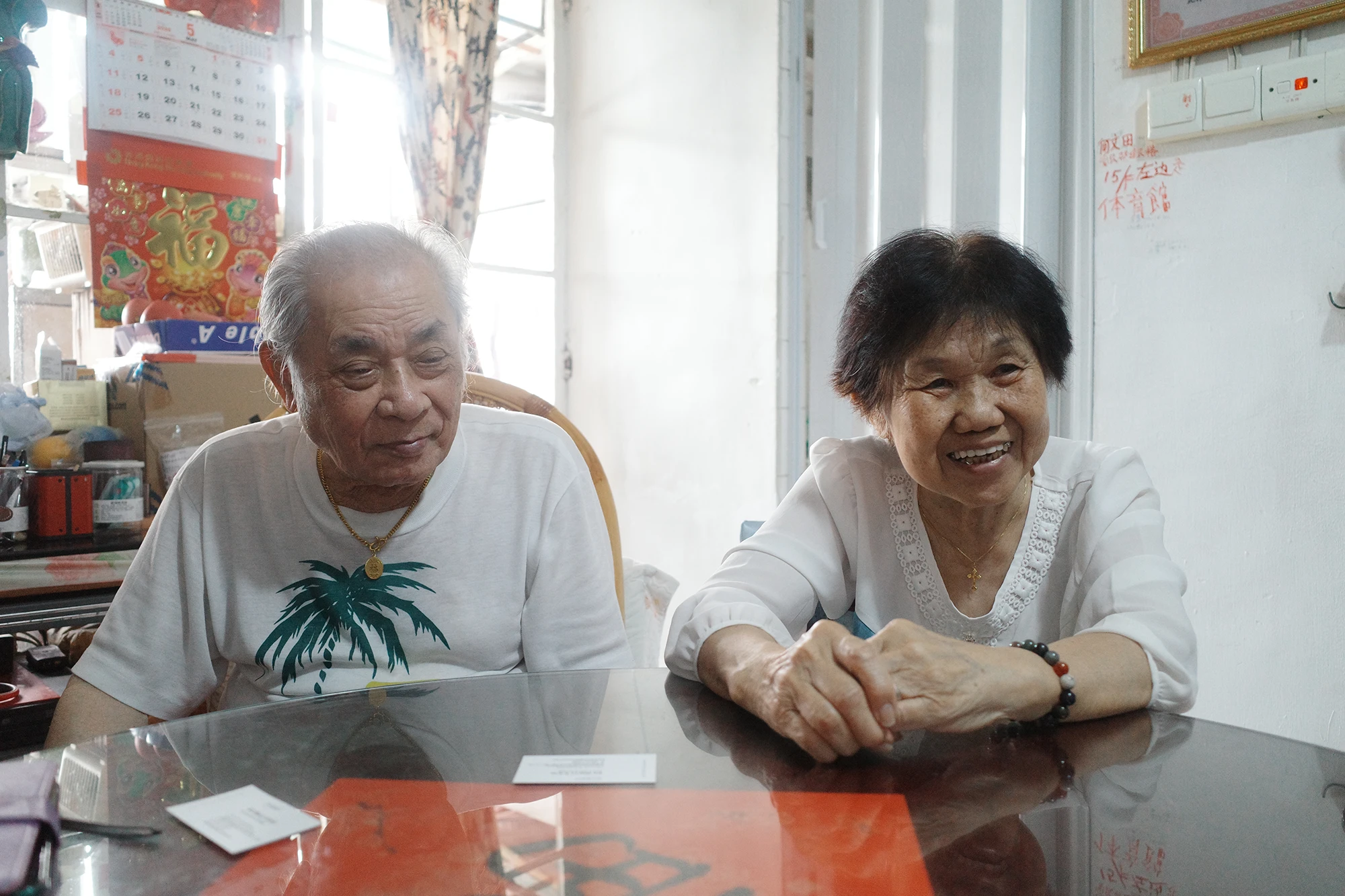About Ageing in Place

Hong Kong is the most expensive property market in the world, with 25% of the population living below the poverty line. Around 220,000 people live in cramped and unhygienic subdivided housing, many waiting years for public housing. Like other developed economies, the population is aging and by 2050, Hong Kong will have the oldest population in the world. The city will also face the challenge of aging housing stock, compounded by deteriorating conditions of residential buildings in a sub-tropical climate. Following the World Health Organization (WHO) guidelines on age-friendly cities, embracing age-friendly communities would create active aging opportunities for older adults through health, participation, and security, enhancing their quality of life as they age. The WHO has identified housing as one of the eight domains necessary to provide a comprehensive view of the age-friendliness of a community.
In partnership with ZeShan Foundation, in June 2022, Habitat for Humanity Hong Kong launched the pilot phase of our ‘Project Home Works: Ageing in Place’ programme. We worked with a local university to field test a new assessment tool to identify the needs of under-privileged elderly people living in public rental housing. We worked with a network of community-based organizations, home repair experts and local NGOs to provide appropriate home modifications to 60 grassroots households, enabling vulnerable elderly people to live in age-friendly homes through installations of handrails, bed rails, anti-slip floor treatments, flooring repairs, lighting improvements, flashing doorbells and other relevant modifications.
We subsequently launched Phase 2 of the programme in January 2024 with funding from ZeShan Foundation, Kerry Group and the Yau Family Charitable Foundation, which aims to deliver home modifications to a further 350 elderly households (benefitting around 525 elderly beneficiaries and caregivers), develop an online resource platform and campaign to raise public awareness and adoption of home modifications, and increase engagement with stakeholders in the private and social welfare sectors. Leveraging our experience as Ageing in Place practitioners, we can make an impact on the NGO sector, service provision and elderly welfare policy. We can also influence the private sector to explore more inclusive senior housing solutions that cater to marginalized populations and improve accessibility in the city.
